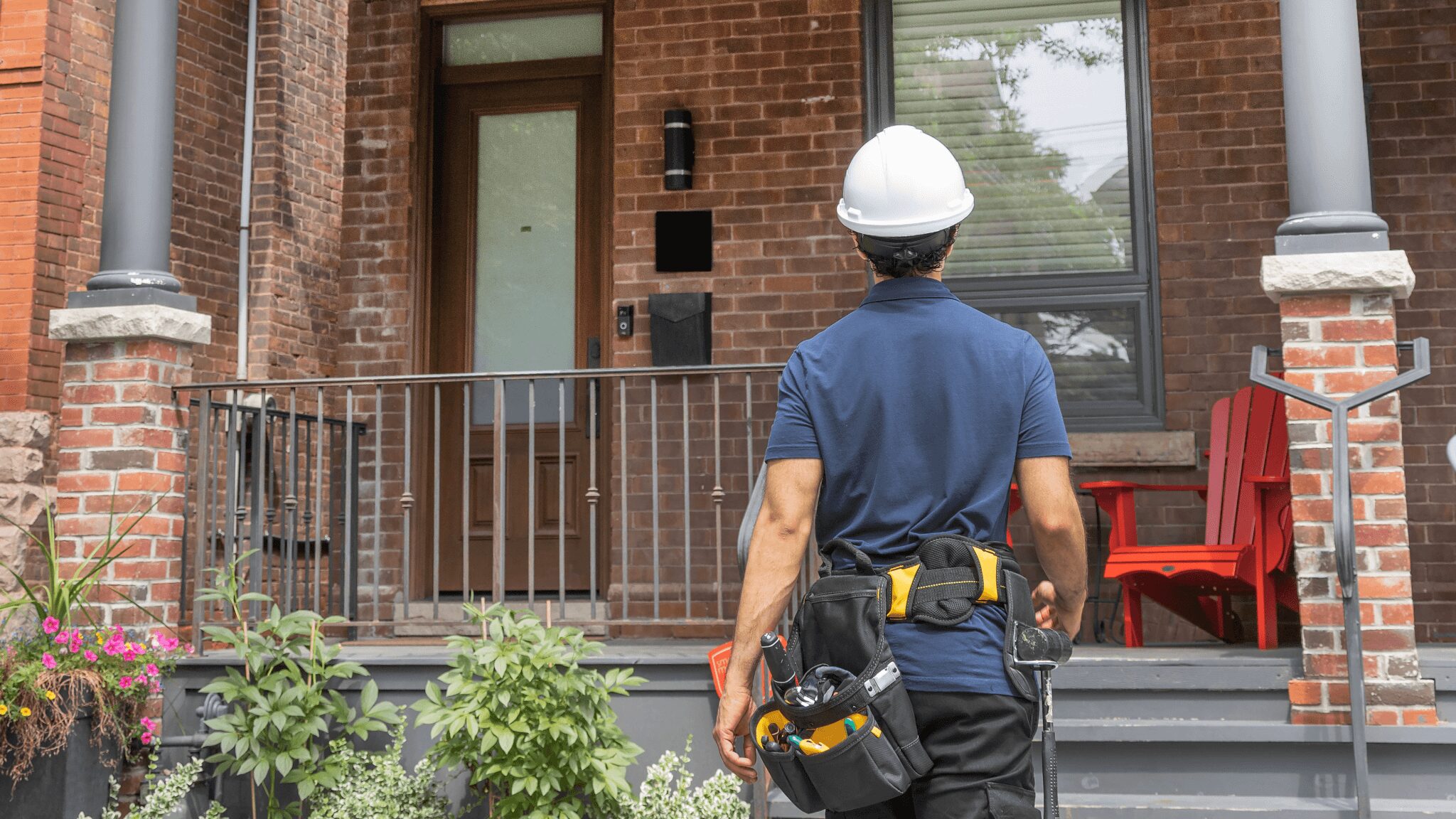Listen to this blog.
When EV drivers consider installing a home charging solution, a common question often arises: “Can I install the charger myself or ask any electrician to do it for me?” We wanted to provide you with the most up-to-date and reliable information, so we turned to the best source possible – the Electrical Safety Authority (ESA). The ESA plays a vital role in setting safety standards, regulations, and codes to ensure the protection of consumers and electrical systems across Ontario. They collaborate with Licensed Electrical Contractors (LECs) to promote safe electrical practices, including the proper installation of home EV chargers, making them an essential resource in the electrical industry.
We conducted an exclusive interview with Trevor Tremblay who is a Technical Advisor from the ESA. He supports the northern region of Ontario and is a member of ESA’s regulatory group responsible for interpreting the Ontario Electrical Safety Code and creating a variety of bulletins. He is an expert on anything and everything electrical and was happy to answer some common questions about safe EV charger installations in homes.
What are the primary challenges associated with installing a home EV charger by yourself?
Installing a home EV charger by yourself can be a complex project, and while you have the right to do it as a homeowner, certain challenges should be considered. The installation process demands an understanding of current electrical codes and safety standards. Many aspects require careful attention such as adjusting user settings properly to avoid circuit overload, wiring and connections, proper mounting and more. You also need to ensure that you take out an ESA permit before doing the work yourself. Improper installations can lead to severe consequences such as electrical fires, property damage and personal injury. It’s crucial to understand that electrical work requires a high level of expertise and adherence to safety standards to avoid these risks.
Who should you hire for your EV home charger installation?
In Ontario, you should hire a Licensed Electrical Contracting (LEC) Business for EV home charger installations as they are the only type of professionals that are licensed by the ESA to do so. People often mistake Certified Electricians and Master Electricians for LECs but they are not considered an LEC and are just employed by an LEC. The best way to find an LEC (and their licence number) is by entering your location and the type of electrical work you’re looking to do on the ESA online directory. Every LEC has an ECRA/ESA license number posted so look for this on their website or business cards. The easiest option is to work with a company like Ivy that provides a comprehensive solution to set you up with a home charger installed only by LECs.

Why should you work with a Licensed Electrical Contractor for your EV home charger installation?
Working with an LEC for your EV home charger installation is important for a safe and successful outcome. Their expertise ensures that the installation is done properly, minimizing risks and hazards. They thoroughly understand local regulations, permits and inspection procedures, and compliance. Their knowledge and professionalism provide peace of mind, knowing that your charging system is installed safely, your electrical system is protected, and you will have a reliable charging solution set up to meet your EV charging needs!
What are the electrical requirements that need to be considered for a home EV charging station?
The first thing you need to do is assess your electrical panel to make sure there is enough capacity to add the EV home charger. Since charging an EV requires a significant amount of power, it’s crucial to have sufficient capacity in your panel to handle the increased demand. The amperage level is another important consideration, and this will depend on the specific charger you plan to install and the charging speed that you desire.
What factors influence the cost of home charger installation?
The cost of home charger installation can be influenced by several factors such as the size of the EV charger and features, the electrical panel size, the location of the charger, materials required (wires), and the complexity of the installation. While you can contact various LECs to obtain quotes, you can also take the hassle-free option with Ivy whose LECs will fully set up the charger at your home quickly.
Are permits necessary when installing a home EV charger?
Yes, a permit is necessary when you’re installing a home EV charger. If you work with an LEC, they will obtain this permit for you by filing a notification of work with the Electrical Safety Authority in Ontario.
Where are the best places to install your home charger?
The ideal locations for installing your home charger are typically within a garage or as close to your EV and house as possible. Additionally, make sure to keep it at a higher level as that helps prevent any potential damage, such as accidentally hitting it with a vehicle bumper, lawn mower or snowplow. By selecting a location that is easily accessible yet out of harm’s way, you can ensure the safety and optimal functionality of your home charger.
What advice would you give to someone looking to install a home charger in their home? What are the steps you would follow?
A few tips to get you ready and set up with your EV home charger are:
- Before you buy your EV home charger, look for a certification mark. An EV charging system must carry the official mark or label of a recognized Canadian certification or evaluation agency. You can learn more here.
- Identify your charging needs by figuring out how fast you need to charge your EV and establishing the size of charger you need. Make sure you review your existing infrastructure to see if your home can handle the EV charger load.
- Find a location that is convenient and close to your home, such as your garage.
- Find a LEC that you can trust to do a safe and efficient EV charger installation job for you.
 Thank you, Trevor, for sharing your invaluable insights and expertise, which are key to ensuring a safe and secure installation of EV home chargers. Learn more about electrical safety and compliance at esasafe.com/EV.
Thank you, Trevor, for sharing your invaluable insights and expertise, which are key to ensuring a safe and secure installation of EV home chargers. Learn more about electrical safety and compliance at esasafe.com/EV.
Join our electric community.
Be the first to hear about Ivy tips, promotions, and network updates.